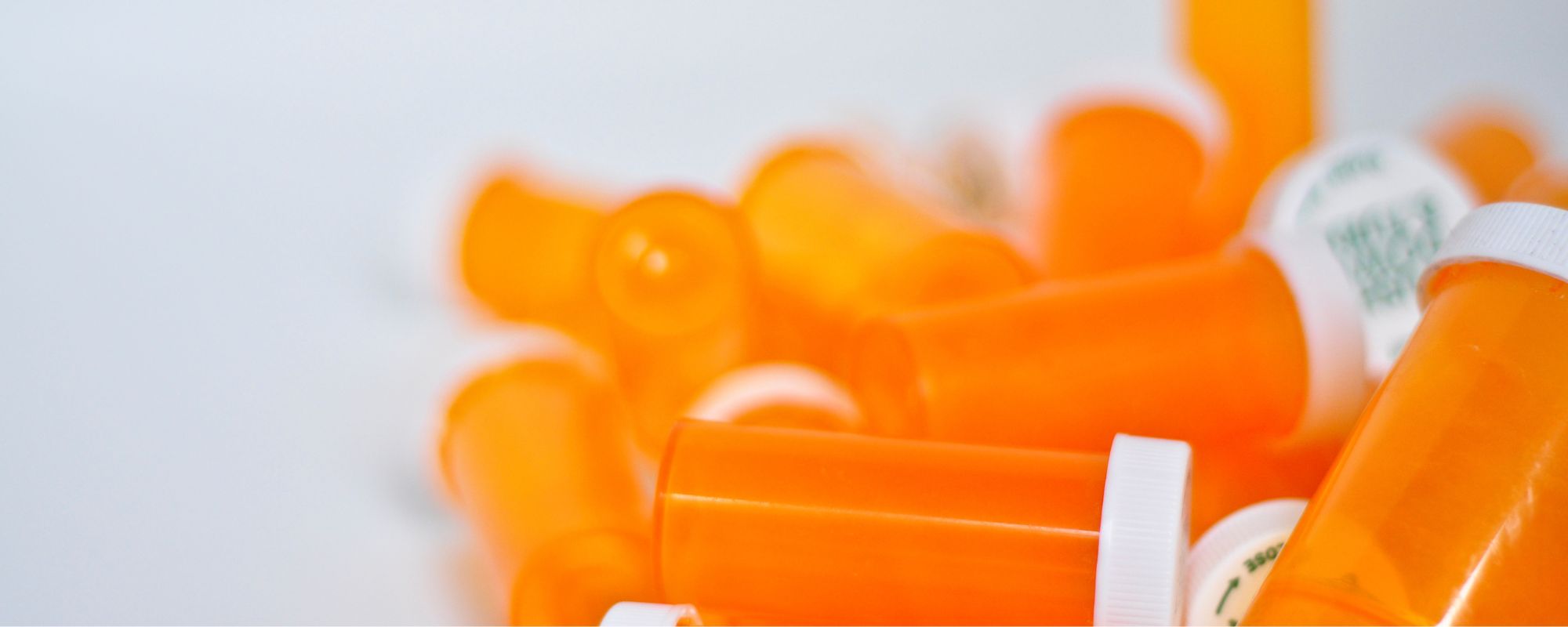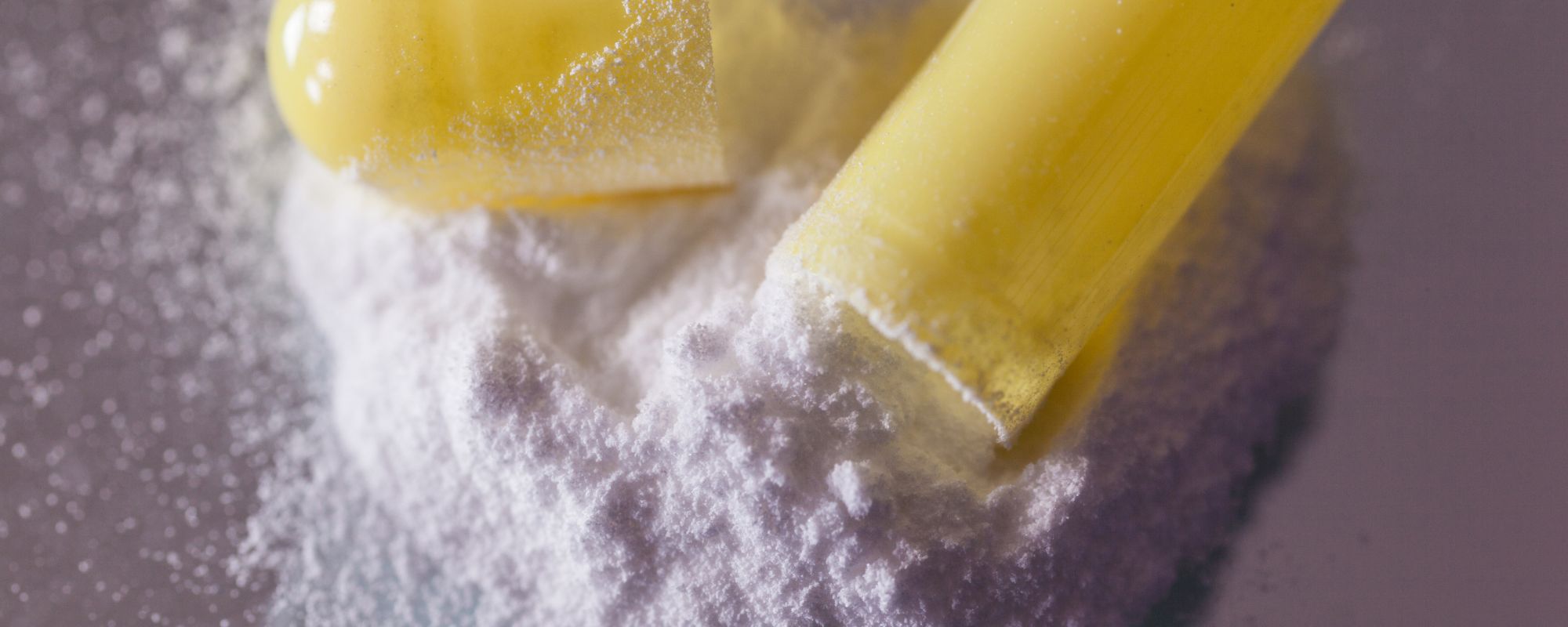If you find yourself asking, “Can you overdose on LSD?” know that the answer is less straightforward than you may think. Typically, when discussing a drug overdose, conversations focus on the devasting surge in opioid overdose deaths. While an overdose on LSD doesn’t look like an opioid overdose, that doesn’t mean it isn’t possible. Even though it is unlikely to result in death, taking too much LSD can lead to serious physical and psychological harm.
In general, psychedelic drugs can be dangerous and should not be taken lightly. If you believe that you or someone you know has overdosed on LSD, seek medical attention immediately.
To understand the negative impact of mind-altering drugs, it is important to educate yourself on the potential risks and side effects of an overdose of LSD. We’ll also explore drug addiction treatment options at a treatment center like South Coast Behavioral Health.
What Is LSD?
LSD (Lysergic acid diethylamide), also called lysergic acid, is a powerful hallucinogenic and psychedelic drug derived from the ergot fungus, which typically grows on rye and other grains. It’s known for its profound effects on the brain, leading to altered perceptions, thoughts, and feelings. Much like magic mushrooms, you can’t fatally overdose on LSD, but the potential harm should be concerning for anyone thinking of trying it.
Some common nicknames for LSD include:
- Acid
- Blotter
- Dots
- Tabs
- Windowpane
- Microdots
- Lucy
People use LSD for various reasons, including:
- Recreational purposes — Many users seek the intense and vivid hallucinations LSD can provide. These can include visual distortions, heightened sensory experiences, and synesthesia (e.g., “hearing” colors or “seeing” sounds).
- Spiritual exploration — Some individuals use LSD to facilitate spiritual or mystical experiences, often seeking insights into the nature of reality or the self.
- Creativity enhancement — Artists, musicians, and other creative individuals have reported using LSD to enhance their creative abilities or inspire new ideas.
- Psychotherapy (historically) — In the 1950s and 1960s, LSD was explored as a potential treatment for various psychological disorders including anxiety, depression, and addiction.
It is important to note that LSD users are putting themselves at risk, such as the possibility of “bad trips” (negative, frightening experiences), psychological distress, and in rare cases, long-lasting perceptual disturbances known as hallucinogen persisting perception disorder (HPPD).
LSD is classified as a Schedule I controlled substance in many countries, including the United States, due to its high potential for abuse and lack of accepted medical use. It most often comes in liquid form or infused on small pieces of blotter paper. If you or someone you know is struggling with LSD abuse, there are treatment programs with behavioral therapy available for help.
What Are the Effects of LSD?
LSD effects include the following:
- Anxiety and depression
- Hallucinations
- Synesthesia — Merging of senses, such as “hearing colors” or “seeing sounds.”
- Ego dissolution — A sense of losing one’s identity or connection to the self.
- Fluctuating emotions
- Dry mouth
- Altered sense of time
- Cognitive changes — Shifts in thought patterns, associations, and problem-solving abilities, which may lead to creative insights or confusion.
- Spiritual experiences — Feelings of profound insight, interconnectedness, or transcendence.
- Physical effects — Increased heart rate, blood pressure, body temperature, dilated pupils, nausea, and sweating.
LSD use also has the potential for long-term effects. Long-term LSD effects that have been reported include flashbacks, hallucinogen-persisting perception disorder (HPPD), and lasting changes in personality or mental health.
Get confidential help from our addiction treatment specialists in Orange County. Call to join our rehab program today!
Call 866-881-1184How Long Does LSD Last?
A typical acid trip will last between six to twelve hours, but some can last as long as sixteen hours. Most feel the effects between 20 and 90 minutes after taking a tab.
A person might also experience what is known as the “afterglow” after the trip is over. This is what users report as lasting feelings of joy and a sense of “lightness” in life. However, some also report lasting feelings of anxiety.
How Long Does LSD Stay In Your System?
An LSD screening or drug test will detect LSD in the body for up to twelve hours after initial ingestion. However, depending on your metabolism, some tests may detect LSD in the body for longer stretches of time.
There are three different types of drug tests for LSD:
- Blood test — A 2017 study found that LSD was detectable in blood 16 hours after participants had been given 200 micrograms of the drug. For participants given a dose half that size, LSD was detectable 8 hours after administration.
- Hair drug test — Hair follicle drug tests are useful for detecting past drug use and can detect a number of drugs up to 90 days after taking LSD. However, there’s not enough data to say whether or not a hair follicle test can detect LSD.
- Urine drug test — LSD cannot be found in urine tests, which comprise the majority of drug tests. Your liver will swiftly convert any acid into inert molecules, leaving only 1% of LSD in its original form in your urine.
Compared to other drugs, acid is hard to detect because it gets metabolized relatively quickly by the liver. However, this doesn’t mean that it’s not detectable. There is still the possibility of a blood test or hair follicle test being able to detect LSD in your system.
So, if you are concerned about LSD showing up on a drug test, the safest decision for your health and passing a drug test is to avoid taking the drug altogether. Also, remember that the time frames mentioned above are estimates and may vary depending on your individual metabolism.
Can You Overdose on LSD?
LSD is a powerful hallucinogen. While LSD may not lead to a fatal overdose like other drugs such as heroin or alcohol, it can pose tremendous risks to your mental health if you are not careful.
Some risks of an LSD overdose include:
- A loosened grip on reality
- Confusion and disorientation
- Synesthesia (experiencing one of your senses through another)
- Hallucinations (seeing and hearing things that aren’t there)
- Extreme fear (terrifying thoughts and feelings of losing control, insanity, death, and despair)
- Flashbacks (reliving an LSD “trip” days after taking the drug)
- Seizures
While LSD is not in itself physically addictive, it can lead to dangerous situations as a result of impaired judgment. Accidents, injuries, or other harmful consequences can occur while under the influence of the drug.
Taking too much LSD can also trigger long-lasting psychotic reactions like schizophrenia. In addition to long-term mental health issues, LSD can also lead to dangerous physical side effects such as body tremors and seizures.
Looking for quality substance abuse treatment that’s also affordable? South Coast accepts most major insurance providers. Get a free insurance benefits check now.
Check Your CoverageCan You Get Addicted to LSD?
LSD is not considered physically addictive – it does not produce withdrawal symptoms when use is stopped. Additionally, large doses of LSD are not fatal – at least not directly. However, the physical and psychological effects of LSD may result in death. This is because the mind-altering drug often results in the severe impairment of an individual’s judgment and sense of danger.
However, people who use the drug regularly might develop a tolerance, requiring higher doses to achieve the same effects. This can lead to potentially dangerous situations, as higher doses can increase the risk of negative experiences or “bad trips.”
Furthermore, it is possible for people to develop a psychological dependence on the drug, seeking out the altered states it provides as a way to escape from reality or cope with stress. This can lead to a pattern of problematic use that can be difficult to break, even if physical addiction is not present.
Hallucinogen-Persisting Perception Disorder
Individuals who take LSD can continue to experience hallucinations months or even years afterward, but these cases are rare. This is known as Hallucinogen-Persisting Perception Disorder or HPPD for short. HPPD was first recorded in 1954, but it wasn’t recognized as a clinical syndrome until the fourth revision of the Diagnostic and Statistical Manual of Mental Disorders (DSM-IV-TR), which was published by the American Psychiatric Association in 2000.
There are two types of HPPD: Type 1 and Type 2. Type 1 features frequent but brief hallucinations that can appear unpredictably. People with type 2 HPPD report persistent hallucinations that “wax and wane” in intensity over the course of months to years. It’s more likely to occur in those with a prior history of substance abuse or mental illness.
Substance Abuse Treatment in Southern California
If you or someone you know is struggling with substance use, it’s important to seek help from a reputable healthcare professional or a support group. They can provide guidance and resources for overcoming addiction or dependence. Our full continuum of care for addiction treatment and drug abuse includes:
- Medical Detox Center
- Residential Treatment
- Partial Hospitalization Program
- Intensive Outpatient Program (IOP)
- Outpatient Rehab
- Aftercare
- Sober Living
South Coast Behavioral Health offers affordable and compassionate treatment for substance addiction. We offer dual diagnosis treatment for co-occurring disorders. Call today at 866-881-1184 or fill out a secure contact form to get started. You can meet the team and end substance use disorders at your own pace.









